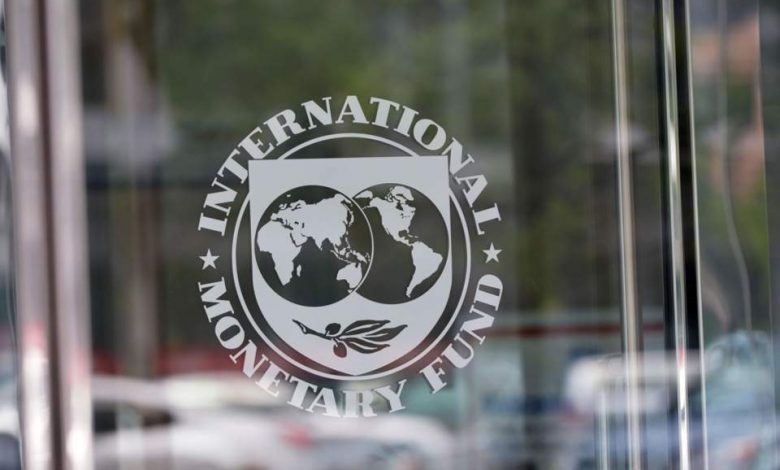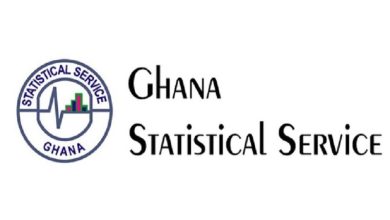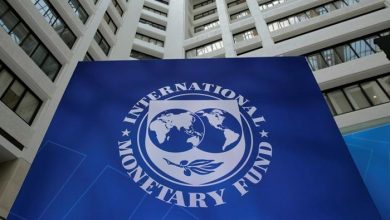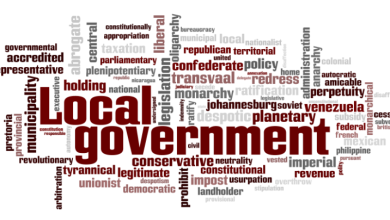Ghana had pre-existing fiscal and debt vulnerabilities – IMF

The International Monetary Fund (IMF) has revealed that Ghana’s pre-existing fiscal and debt vulnerabilities were exacerbated by large external shocks in recent years resulting in a loss of international market access, increasingly constrained domestic financing, and reliance on monetary financing of the government.
The fund made this known in a statement after the Executive Board of the IMF approved a 36-month arrangement under the Extended Credit Facility (ECF) of US$3 billion.
The program is based on the government’s Post-COVID-19 Program for Economic Growth (PC-PEG), which aims to restore macroeconomic stability and debt sustainability and includes wide-ranging reforms to build resilience and lay the foundation for stronger and more inclusive growth.
“The Executive Board’s decision will enable an immediate disbursement to Ghana equivalent to SDR 451.4 million (about US$600 million).
“Large external shocks in recent years have exacerbated Ghana’s pre-existing fiscal and debt vulnerabilities, resulting in a loss of international market access, increasingly constrained domestic financing, and reliance on monetary financing of the government. Decreasing international reserves, Cedi depreciation, rising inflation, and plummeting domestic investor confidence, eventually triggered an acute crisis.
“Key policies under the authorities’ program include large and frontloaded fiscal consolidation to bring public finances back on a sustainable path, complemented by efforts to protect the vulnerable. The adjustment effort will be supported by ambitious structural reforms in the areas of tax policy, revenue administration, and public financial management, as well as steps to address weaknesses in the energy and cocoa sectors.
“Appropriately tight monetary and flexible exchange rate policies will help bring inflation back to single digits and rebuild international reserves. The program also has a strong focus on preserving financial stability and encouraging private investment and growth.”
The program will help Ghana overcome immediate policy and financing challenges, including through its catalytic effect in mobilizing external financing from development partners and providing a framework for the successful completion of the ongoing debt restructuring.
Following the approval, Ms. Kristalina Georgieva, Managing Director of IMF said; “The combination of large external shocks and preexisting fiscal and debt vulnerabilities precipitated a deep economic and
financial crisis in Ghana. In response, the authorities have launched a comprehensive reform program, to be supported by the ECF arrangement.
“It is focused on restoring macroeconomic stability and debt sustainability as well as implementing wide-ranging reforms to build resilience and lay the foundation for stronger and more inclusive growth. Capacity development and continued support by development partners would be critical for the successful implementation of the program.
“Fiscal consolidation is a core element of the program. A substantial and front-loaded fiscal adjustment has started with the 2023 budget. Enhanced revenue and streamlined expenditure will be combined with policies to protect vulnerable households and create room for higher social and development spending in the medium term. With a view to fostering lasting fiscal discipline, the authorities are also advancing reforms to enhance domestic revenue mobilization, strengthen public financial management, and tackle the deep challenges in the energy and cocoa sectors. The government has also launched a comprehensive debt restructuring, including both domestic and external debt, to place debt on a sustainable path. Effective collaboration by all parties involved would be critical.
“Preserving financial sector stability is critical for the success of the program. Given the adverse impact of the domestic debt restructuring on balance sheets of financial institutions, the authorities will devise and implement a comprehensive strategy to rapidly rebuild financial institutions’ buffers and exit from temporary regulatory forbearance measures.”
Source: citinewsroom










